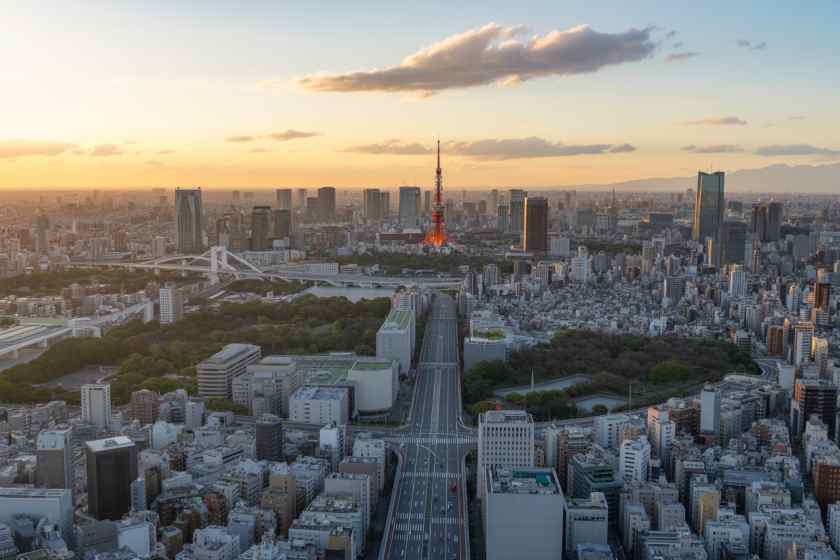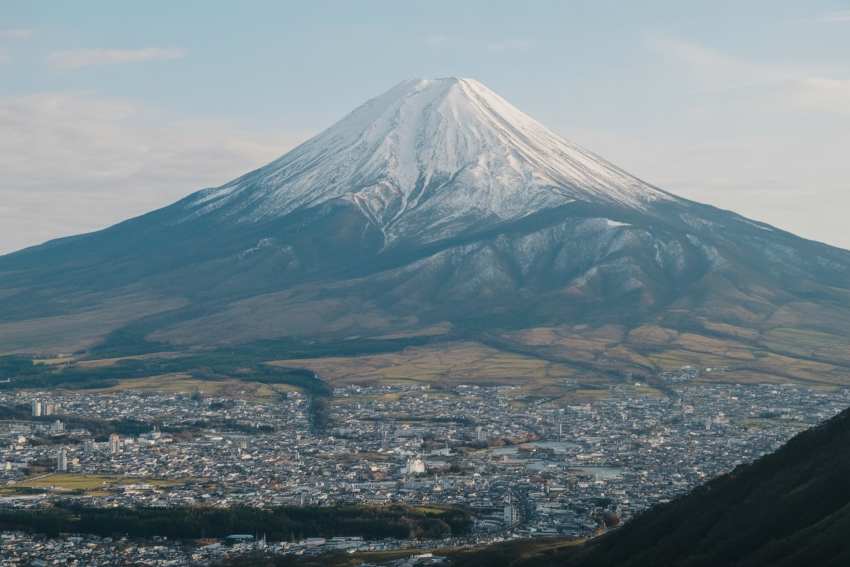
Published on
October 19, 2025

Japan is set to introduce a series of fee hikes for foreign nationals, targeting the departure tax, visa processing fees, and pre-entry screening charges. These increases, planned for 2026, are part of a strategy to raise additional revenue for domestic programs, including the expansion of free high school tuition. With Japan’s current fees being low by international standards, these adjustments aim to match global levels and alleviate the country’s budget challenges. However, some experts caution against the potential for these higher costs to affect international tourism and travel flows.
Departure Tax to Increase for Foreign Travelers
One of the primary changes on the table is a hike in Japan’s departure tax. Introduced in 2019, the current tax rate is 1,000 yen (around $6.70), which is considered low compared to other countries. For instance, the United States charges $22.20 (approximately 3,300 yen) for a similar tax. Japan plans to increase this levy in line with international norms, especially as it seeks to alleviate airport congestion and enhance screening processes for departing passengers.
The departure tax applies to both foreign nationals and Japanese citizens, though the government is considering reducing fees for passport issuance and renewals for Japanese citizens to balance the overall tax burden.
Visa and Entry Fees Set for Overhaul
Visa fees, some of which have remained unchanged for decades, are also under review. For example, Japan’s single-entry visa fee is 3,000 yen, significantly lower than the $185 (roughly 28,000 yen) fee for a U.S. tourist visa. This has led to calls for an adjustment to bring these fees in line with other nations, especially considering Japan’s struggle to raise funds for key policies.
The Foreign Ministry has been working on plans to raise visa fees to international standards, and some fees for residency procedures have already been increased this year. The last update to these residency fees occurred in 1981, marking over four decades without any significant changes.
New Pre-Entry Screening Charges
Another significant change in the pipeline is the introduction of the Japan Electronic System for Travel Authorization (JESTA), expected to be implemented by fiscal 2028. This system will require pre-screening for foreign nationals entering Japan from countries that currently enjoy visa exemptions. The pre-entry charge is expected to be similar to the U.S. ESTA fee, around $40 (about 6,000 yen).
Funding Domestic Programs
The push to increase these fees is tied to Japan’s fiscal goals. A large portion of the additional revenue, estimated to total around 300 billion yen, will be used to fund the free high school tuition program, which is being expanded this fiscal year. The program aims to make education more accessible but faces a funding shortfall. While these fee increases are expected to generate necessary revenue, they also raise concerns about their potential impact on foreign tourism.
Domestic Political Factors Behind the Fee Increases
The Liberal Democratic Party (LDP) is spearheading the initiative, but there are domestic pressures at play as well. With inflation on the rise, the government is reluctant to impose new taxes or burdens on Japanese citizens. Shifting part of the financial responsibility to foreign visitors—who do not have voting rights—is seen as a politically safer option.
This approach has stirred some debate within political circles, with some LDP members even calling for the elimination of the tax-free shopping exemption for foreign visitors. However, some officials caution that such measures could backfire, discouraging international visitors and harming the country’s reputation as a tourist destination.
What Should Travelers Know?
Travelers planning a trip to Japan in the coming years should be aware of the upcoming fee hikes. Here are a few travel tips to keep in mind:
- Check visa fees: If you are planning to visit Japan, make sure you are aware of the updated visa fees. Fees may increase, particularly for those applying for long-term stays or residency.
- Prepare for departure taxes: If you’re traveling internationally from Japan, be prepared for a higher departure tax. This will likely affect both foreign and Japanese travelers.
- Keep an eye on JESTA: The pre-entry screening charge for travelers from visa-exempt countries could become a requirement starting in 2028. Plan ahead to account for any potential costs.
- Monitor tax-free shopping rules: If you’re looking to take advantage of tax-free shopping in Japan, be aware that changes to these rules are also being discussed.
Japan’s Growing Challenge to Balance Revenue and Tourism
Japan has long been a popular destination for travelers, with its rich history, culture, and natural beauty. However, the government now faces the challenge of increasing revenue without discouraging tourism. Raising fees on foreign nationals may provide short-term financial relief, but it is essential to maintain a balance that ensures the country remains an attractive destination for international visitors.
Final Thoughts
As Japan moves forward with plans to raise fees for foreign tourists, the government aims to use the revenue to fund important domestic policies. While the fee increases are seen as a necessary adjustment, careful consideration is needed to ensure they do not negatively impact international exchange and tourism. For travelers, staying informed about changes in visa, departure, and pre-entry fees will be crucial to planning trips to Japan in the near future.
link







